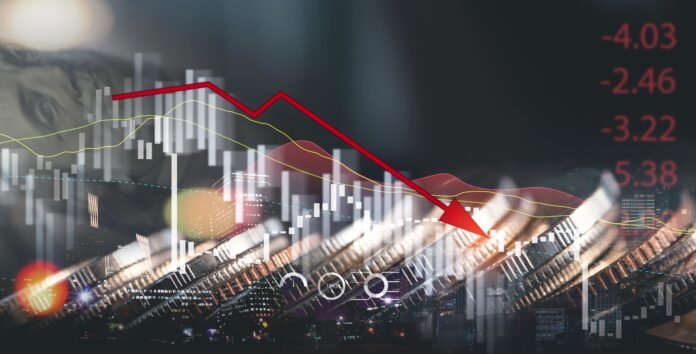The Iraqi market slowdown continues to deepen as consumer activity weakens across major cities. According to the Baghdad Chamber of Commerce, overall sales have dropped by more than half in recent months. The drop is affecting vital sectors like construction, transportation, and small-scale retail.
Real estate transactions have nearly halted, triggering a domino effect on related industries. Sales of building materials and demand for daily labor have declined sharply. Furthermore, transportation services are experiencing reduced movement due to fewer construction and investment projects.
Additionally, currency exchange offices are seeing fewer transactions. This trend follows the dinar’s steady rise against the US dollar. The Central Bank of Iraq, with support from global financial partners, helped stabilize the currency. However, this strength has inadvertently reduced liquidity in local markets.
With fewer people traveling and spending, many sectors are now stagnating.The Iraqi market slowdown also reflects broader issues. Experts highlight weak purchasing power and limited public spending. Although inflation reached 2.2% in the first quarter of 2025, demand still remains low.
Economist Ahmed Abedrabbo explained that without immediate policy reform, the current slowdown could lead to recession. He called for better fiscal coordination, targeted stimulus, and structural adjustments to rebuild growth momentum.
Researcher Ahmed Eid highlighted systemic flaws. These include delayed national budgets, poor planning, and ongoing political interference. He emphasized that public funds are often wasted, and investment remains blocked by inefficiencies.
Moreover, Iraq’s economy heavily depends on consumption rather than production. This makes it vulnerable to external economic shifts. Eid stressed that a sustainable path forward must include domestic industrial development and institutional reform.
On a more optimistic note, economist Safwan Qusay said Iraq still holds over $97 billion in reserves. These reserves allow the Central Bank to stabilize currency levels and support trade financing.
He also noted that government housing projects are generating limited demand in construction. Small business support initiatives are underway to boost productivity. In addition, food subsidies and a strong ration card system have helped control prices amid global inflation.
Despite these measures, the Iraqi market slowdown reveals deeper structural issues. For long-term stability, Iraq must invest in non-oil sectors, cut gas flaring, and develop its energy and manufacturing industries. Only then can true economic independence be achieved.


